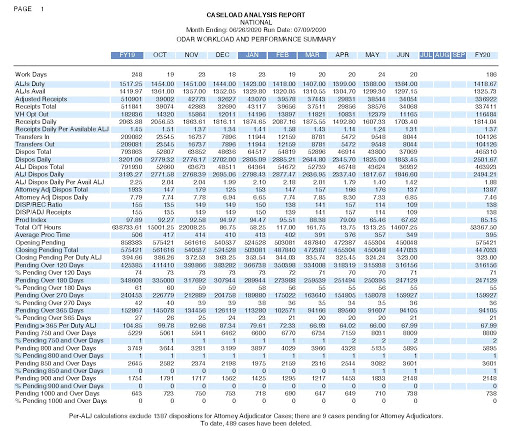From the Herald-News:
A Klamath Falls man is facing federal charges for cashing more than $458,000 worth of social security checks issued in the name of his deceased aunt.
George Doumar, 76, has been charged with theft of public funds and mail theft.
According to court documents, in February 2020 the Social Security Administration identified a 114-year-old supercentenarian who appeared to be the second-oldest living person in the U.S. receiving Social Security retirement benefits.
SSA systems indicated that no updates had been made to the person’s benefit record in more than 30 years, leading staff to believe that the person may be deceased. ...
The might also want to take a look at the oldest supposedly living person receiving Social Security benefits; maybe the top 10 or even 100.



